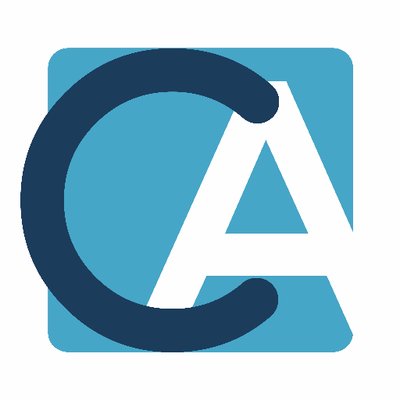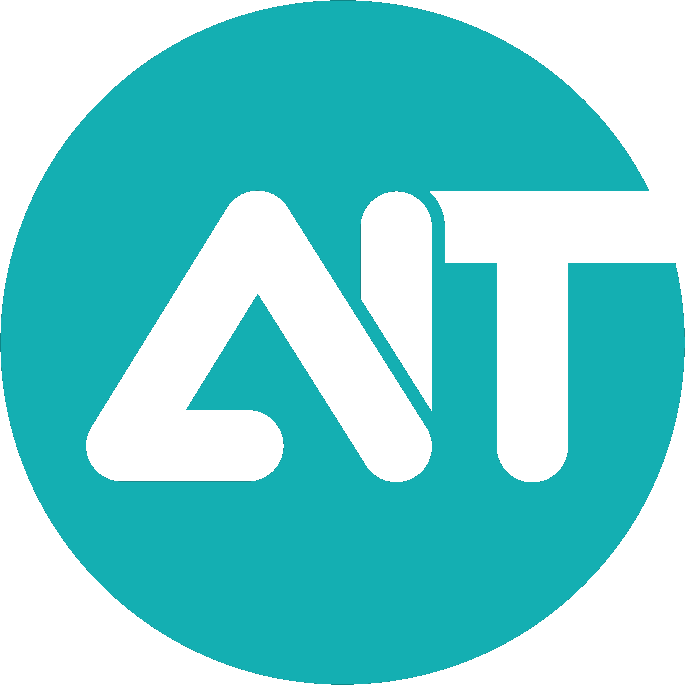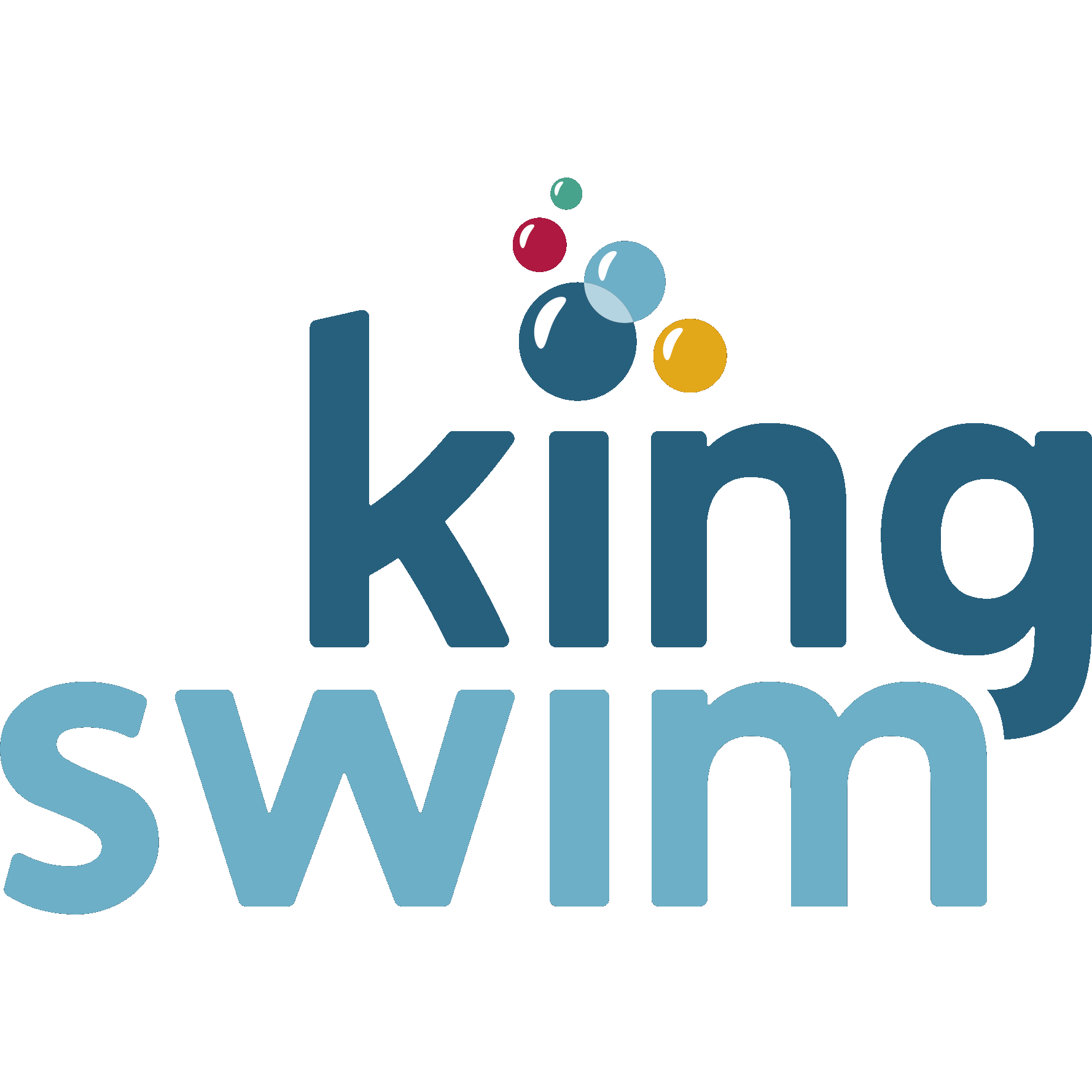Experience
Lexer
Front End Developer
May 2021 – Ongoing
Working with React, Typescript, Ruby, AWS and more to help brands and retailers genuinely understand their customers and engage them with experiences they deserve. Our tools and team help you use data at every stage of the customer journey to deepen customer loyalty and drive profitable growth.
The Working Party
Front End Developer
May 2019 – Jul 2019
Working with JavaScript, jQuery, SCSS, Liquid and more to develop custom themes for eCommerce clients on the Shopify platform.
Left to focus on studying.
Front End Developer Intern
Apr 2019 – May 2019
A 120 hour long internship, working with Shopify tools such as liquid to develop themes for ecommerce websites.
Coder Academy
Tech Trainer
2018 - February 2020
Facilitating workshops for school students in robotics and web design.
Academy of Information Technology Australia
Student Ambassador
2018 - February 2020
Selected to represent AIT at events and open days. Awarded this paid position in my first year of study and continued until the end of my course.
PAIS Student Mentor
2018 - February 2020
Helping out students who are having trouble with the course.
Kingswim
Swimming Instructor
2016 - March 2020
Teaching life skills to children of ages three years old and up. Qualified in teaching advanced strokes and partially qualified in supervising.

Skills
Programming languages
-
ReactJavaScriptC#RubyCoffeescript :(React NativeObjective-CSwiftPHPPythonSQLJavaC++HTML5CSS3SCSSASP.NET RazorVBLiquid (Shopify)
Tools and Methods
- Visual Studio
- Git (CLI)
- Github
- Agile, Scrum
- Web services
- VS Code
- Xcode
- Unity
- Android Studio
- NetBeans
- Shopify
- Xampp
- Figma
- Firebase
- MongoDB
- Arduino
- AWS
- Google Cloud Services

Bachelor of IT (Mobile Apps)
24 Courses Over 6 Semesters
Introduction to Web
Learn the basic skills of writing HTML5, XHTML and CSS by hand, the fundamental skills to create websites and the principles of good web design. Industry standard practices will be taught such as using proper naming conventions, manipulating and optimising images for the internet, writing basic web-pages using divs and CSS, providing navigation and creating interactive, functioning web-sites.
This was a semester 1 subject.
Grade
Information Systems
An introduction to Information Systems (IS). You’ll analyse the theories and applications Information Systems have for business solutions and explore the technology aspect of Information Systems including how to fully develop one.
This was a semester 1 subject.
Grade
Foundation Programming
Learn essential skills in the conceptualisation and techniques of programming and software design. Learn techniques for designing and implementing algorithms as computer programs using a high-level programming language as well as techniques such as debugging and testing, basic design elements of programming and how to construct solutions using specifications.
This was a semester 1 subject.
Grade
Database Systems
An introduction to basic concepts and principles of database systems to emphasise the importance of a well-designed database in practice. Learn how data is structured and managed within a relational database.
Learn the critical steps to design conceptual and relational models and implement these using basic DDL-SQL commands. Basic and advanced DML-SQL commands are also presented to enable retrieving accurate information from the database.
This was a semester 2 subject.
Grade
Introduction to Software Engineering
Gain the skills and knowledge to design sound structured computer programs and move into a detailed examination of object oriented analysis and design using the Unified Modelling Language (UML). You will also develop an understanding of the concepts and application of UML to software development, and will have opportunities to use UML for software creation while developing further understanding of software concepts and problem solving approaches. The role of software engineer and the software development lifecycle will also be covered.
This was a semester 2 subject.
Grade
Discrete Mathematics
An introduction to a wide range of terminology and tools that have a particular use in Computer Science. The emphasis is placed on reasoned arguments and clarity of exposition as well as algebraic and computational skills. Topics covered in this unit include Sets, Mathematical Induction, Big O Notation, Logic, Predicate Calculus, Graphs, Linear Recurrence Relations, Sorting Methods, Relations and Partial Ordering.
This was a semester 2 subject.
Grade
Foundation Networks
An introduction to the basic concepts and operations of telecommunication networks. The focus is on the network technologies and protocols including the TCP/IP and OSI network layers, transmission and switching basic, access networks, internet, data networks (LANs, wireless LANs, WANs, etc.), network security and management.
This was a semester 3 subject.
Grade
Systems Analysis and Design
Learn the basic principles of software requirements, analysis and design. The objectives are to establish requirement analysis and design templates where more detailed material regarding specific aspects of requirements and design techniques and issues fit. In doing so students will apply their skills and knowledge of understanding requirements, a range of modelling techniques, methodologies and approaches.
This was a semester 3 subject.
Grade
Java
This course continues the examination of object-oriented programming using Java. It also introduces graphical user interface development using Java. Students learn the fundamental principles of interface development and are then required to apply these in the development of a program with a graphical interface this course also examines database connectivity and network application development using Java.
This was a semester 3 subject.
Grade
UX/UI
Learn how to analyse the interface requirements of a system, review and apply industry tools and techniques and evaluate whether a solution has met its requirements. Students will learn wireframing, testing and debugging and the interaction between form and function.
This was a semester 4 subject.
Grade
Enterprise Systems
An introduction to current enterprise computing concepts – including main components of the enterprise computing environment such as client/server relationships and component-based and service-based oriented architectures. It also enables students to appreciate and understand the differences between the various cloud platforms.
This was a semester 4 subject.
Grade
Advanced Web
This subject provides students with more advanced skills in developing websites in HTML5, XHTML and CSS. Students will apply their skills to: creating a complex web-site structure; using naming conventions; manipulating images for the internet; writing basic web-pages using tables and divs; providing navigation; create interactive, functioning web-sites. Students must include more complex features of HTML5 (e.g. canvas). Students are required to use jQuery Mobile development framework and PHP for all site development.
This was a semester 4 subject.
Grade
Internship (Elective)
For my internshop, I worked with the Working Party and did over 120 hours. Afterwoods, they took me on and I worked for there for quite some time. However, it was too hard to keep up with assignments so I stopped working until the end of the course.
Work with speed & efficiency and collaborate effectively under real-world pressure on industry briefs and development pipelines.
This was a semester 4 subject.
Grade
Mobile Apps Android
Learn basic theory, technologies and design principles for mobile application development. Topics include introduction to android programming, android development tools (android studio) and basic layout and interface for mobile and tablet.
This was a semester 5 subject.
Grade
Advanced Studio 1
This subject is the first part of a two-term project. It aims to prepare students for career roles in a particular ICT discipline or focus area. Students will select a topic of interest and will work individually (recommended) or within a team of two or three, with supervision. This project is strongly recommended to be taken only in final year, because students will be required to apply knowledge obtained from subjects delivered in the first two years in order to deliver satisfactory outcomes for this final Advanced Studio project. In Advanced Studio 1, students will consult with their supervisor to finalise their topics, develop a methodology, plan their milestones for both trimesters, and complete their research, literature review, analysis, and high level design phases of the project.
This was a semester 5 subject.
Grade
Data-Driven Apps
This subject introduces data-driven programming, which is a programming model where data self controls the application flow. It expands on the students application development skills, especially backend application development. This subject specifically addresses the technical skills and business knowledge required to develop a simple data-driven mobile application. Topics include server-side development methodology, database connectivity and basic APIs. Students will study information security issues and system security implementation and control to maintain information confidentiality, as well as the ability to protect data from unauthorized access through an application.
This was a semester 5 subject.
Grade
Game Development (Elective)
This subject introduces students to using an industry standard 3D game engine. Students will use this software for developing future games and major projects. The subject involves learning object oriented programming to design and develop interactive games. Upon successful completion of this subject, students will be able to operate a game engine proficiently to develop simple 3D games, become familiar with programming fundamentals and most importantly develop their problem solving skills.
This was a semester 5 subject.
Grade
Cross Platform Apps
Students learn to identify the programming, framework and environmental options that are available for developers and gives them a chance to develop a cross- platform application of their own that can be deployed across a range of devices and platforms.
This was a semester 6 subject.
Grade
Advanced Studio 2
This subject is the second part of a two-term project. Students must successfully complete Advanced Studio 1 in order to enrol in this subject. In Advanced Studio 2, students continue their projects from Advanced Studio 1, and complete their projects with low level design, implementation, prototype and final presentation according to a timeline and plan as set in Advanced Studio 1. The whole project encourages students to properly complete a project of their own, following industry processes, standards and disciplines in order to prepare students for career roles in their focus area.
This was a semester 6 subject.
Grade
Mobile Apps iOS
Note, due to not owning a Mac, this subject was much more difficult and I had to use a VM for all the programming.
advanced technologies, application and effective user interface for iOS mobile. Topics include mobile application framework, Pattern and Human Interface design and App Design and Store.
This was a semester 6 subject.
Grade
External Project
This subject allows students to work either individually or as a team on an actual outside project for a client. Students will be assessed either as individuals or as team members as part of their team and based on the entire project. Members of teams will however be responsible for the provision and completion of their own allocated task responsibilities within the project. The final assessment of the completed project will be in part based on feedback and input from the client.
This was a semester 6 subject.
Grade
Introduction to Web
Learn the basic skills of writing HTML5, XHTML and CSS by hand, the fundamental skills to create websites and the principles of good web design. Industry standard practices will be taught such as using proper naming conventions, manipulating and optimising images for the internet, writing basic web-pages using divs and CSS, providing navigation and creating interactive, functioning web-sites.
This was a semester 1 subject.
Grade
Information Systems
An introduction to Information Systems (IS). You’ll analyse the theories and applications Information Systems have for business solutions and explore the technology aspect of Information Systems including how to fully develop one.
This was a semester 1 subject.
Grade
Foundation Programming
Learn essential skills in the conceptualisation and techniques of programming and software design. Learn techniques for designing and implementing algorithms as computer programs using a high-level programming language as well as techniques such as debugging and testing, basic design elements of programming and how to construct solutions using specifications.
This was a semester 1 subject.
Grade
Database Systems
An introduction to basic concepts and principles of database systems to emphasise the importance of a well-designed database in practice. Learn how data is structured and managed within a relational database.
Learn the critical steps to design conceptual and relational models and implement these using basic DDL-SQL commands. Basic and advanced DML-SQL commands are also presented to enable retrieving accurate information from the database.
This was a semester 2 subject.
Grade
Introduction to Software Engineering
Gain the skills and knowledge to design sound structured computer programs and move into a detailed examination of object oriented analysis and design using the Unified Modelling Language (UML). You will also develop an understanding of the concepts and application of UML to software development, and will have opportunities to use UML for software creation while developing further understanding of software concepts and problem solving approaches. The role of software engineer and the software development lifecycle will also be covered.
This was a semester 2 subject.
Grade
Discrete Mathematics
An introduction to a wide range of terminology and tools that have a particular use in Computer Science. The emphasis is placed on reasoned arguments and clarity of exposition as well as algebraic and computational skills. Topics covered in this unit include Sets, Mathematical Induction, Big O Notation, Logic, Predicate Calculus, Graphs, Linear Recurrence Relations, Sorting Methods, Relations and Partial Ordering.
This was a semester 2 subject.
Grade
Foundation Networks
An introduction to the basic concepts and operations of telecommunication networks. The focus is on the network technologies and protocols including the TCP/IP and OSI network layers, transmission and switching basic, access networks, internet, data networks (LANs, wireless LANs, WANs, etc.), network security and management.
This was a semester 3 subject.
Grade
Systems Analysis and Design
Learn the basic principles of software requirements, analysis and design. The objectives are to establish requirement analysis and design templates where more detailed material regarding specific aspects of requirements and design techniques and issues fit. In doing so students will apply their skills and knowledge of understanding requirements, a range of modelling techniques, methodologies and approaches.
This was a semester 3 subject.
Grade
Java
This course continues the examination of object-oriented programming using Java. It also introduces graphical user interface development using Java. Students learn the fundamental principles of interface development and are then required to apply these in the development of a program with a graphical interface this course also examines database connectivity and network application development using Java.
This was a semester 3 subject.
Grade
UX/UI
Learn how to analyse the interface requirements of a system, review and apply industry tools and techniques and evaluate whether a solution has met its requirements. Students will learn wireframing, testing and debugging and the interaction between form and function.
This was a semester 4 subject.
Grade
Enterprise Systems
An introduction to current enterprise computing concepts – including main components of the enterprise computing environment such as client/server relationships and component-based and service-based oriented architectures. It also enables students to appreciate and understand the differences between the various cloud platforms.
This was a semester 4 subject.
Grade
Advanced Web
This subject provides students with more advanced skills in developing websites in HTML5, XHTML and CSS. Students will apply their skills to: creating a complex web-site structure; using naming conventions; manipulating images for the internet; writing basic web-pages using tables and divs; providing navigation; create interactive, functioning web-sites. Students must include more complex features of HTML5 (e.g. canvas). Students are required to use jQuery Mobile development framework and PHP for all site development.
This was a semester 4 subject.
Grade
Internship (Elective)
For my internshop, I worked with the Working Party and did over 120 hours. Afterwoods, they took me on and I worked for there for quite some time. However, it was too hard to keep up with assignments so I stopped working until the end of the course.
Work with speed & efficiency and collaborate effectively under real-world pressure on industry briefs and development pipelines.
This was a semester 4 subject.
Grade
Mobile Apps Android
Learn basic theory, technologies and design principles for mobile application development. Topics include introduction to android programming, android development tools (android studio) and basic layout and interface for mobile and tablet.
This was a semester 5 subject.
Grade
Advanced Studio 1
This subject is the first part of a two-term project. It aims to prepare students for career roles in a particular ICT discipline or focus area. Students will select a topic of interest and will work individually (recommended) or within a team of two or three, with supervision. This project is strongly recommended to be taken only in final year, because students will be required to apply knowledge obtained from subjects delivered in the first two years in order to deliver satisfactory outcomes for this final Advanced Studio project. In Advanced Studio 1, students will consult with their supervisor to finalise their topics, develop a methodology, plan their milestones for both trimesters, and complete their research, literature review, analysis, and high level design phases of the project.
This was a semester 5 subject.
Grade
Data-Driven Apps
This subject introduces data-driven programming, which is a programming model where data self controls the application flow. It expands on the students application development skills, especially backend application development. This subject specifically addresses the technical skills and business knowledge required to develop a simple data-driven mobile application. Topics include server-side development methodology, database connectivity and basic APIs. Students will study information security issues and system security implementation and control to maintain information confidentiality, as well as the ability to protect data from unauthorized access through an application.
This was a semester 5 subject.
Grade
Game Development (Elective)
This subject introduces students to using an industry standard 3D game engine. Students will use this software for developing future games and major projects. The subject involves learning object oriented programming to design and develop interactive games. Upon successful completion of this subject, students will be able to operate a game engine proficiently to develop simple 3D games, become familiar with programming fundamentals and most importantly develop their problem solving skills.
This was a semester 5 subject.
Grade
Cross Platform Apps
Students learn to identify the programming, framework and environmental options that are available for developers and gives them a chance to develop a cross- platform application of their own that can be deployed across a range of devices and platforms.
This was a semester 6 subject.
Grade
Advanced Studio 2
This subject is the second part of a two-term project. Students must successfully complete Advanced Studio 1 in order to enrol in this subject. In Advanced Studio 2, students continue their projects from Advanced Studio 1, and complete their projects with low level design, implementation, prototype and final presentation according to a timeline and plan as set in Advanced Studio 1. The whole project encourages students to properly complete a project of their own, following industry processes, standards and disciplines in order to prepare students for career roles in their focus area.
This was a semester 6 subject.
Grade
Mobile Apps iOS
Note, due to not owning a Mac, this subject was much more difficult and I had to use a VM for all the programming.
advanced technologies, application and effective user interface for iOS mobile. Topics include mobile application framework, Pattern and Human Interface design and App Design and Store.
This was a semester 6 subject.
Grade
External Project
This subject allows students to work either individually or as a team on an actual outside project for a client. Students will be assessed either as individuals or as team members as part of their team and based on the entire project. Members of teams will however be responsible for the provision and completion of their own allocated task responsibilities within the project. The final assessment of the completed project will be in part based on feedback and input from the client.
This was a semester 6 subject.
Grade
Course descriptions from https://www.ait.edu.au/courses/it-courses/bachelor-of-it
Image by InspiredImages from Pixabay







